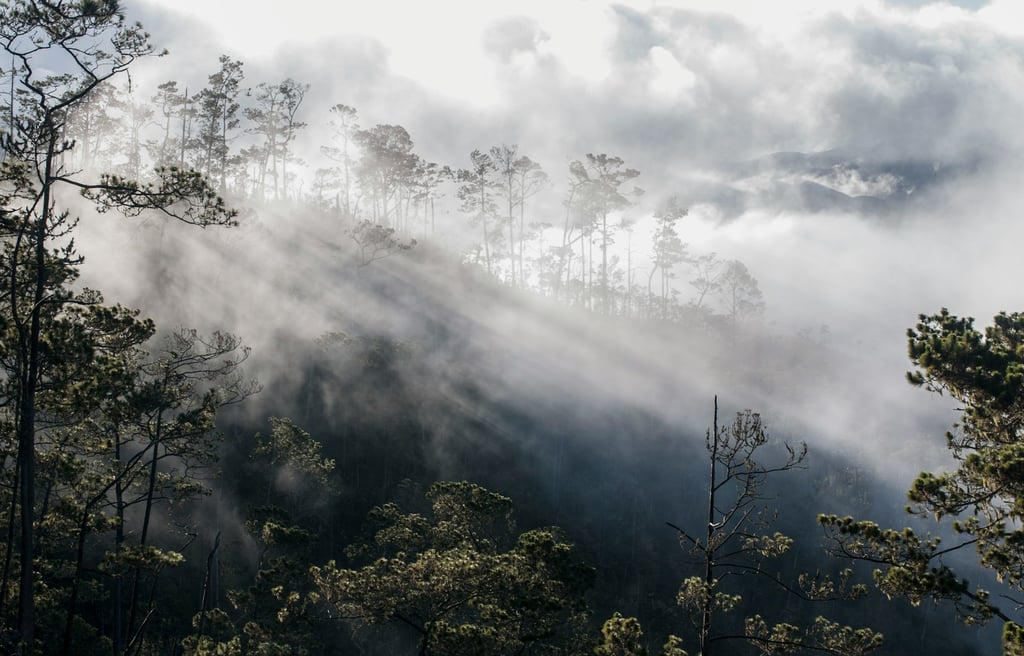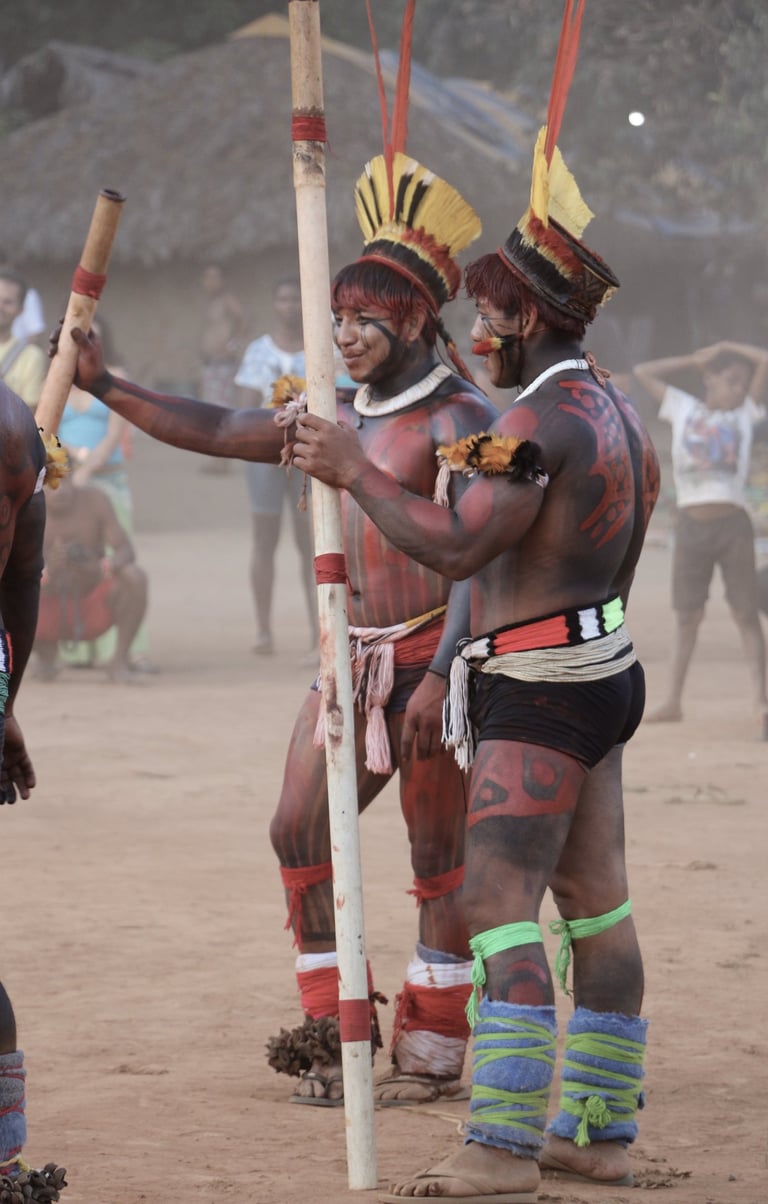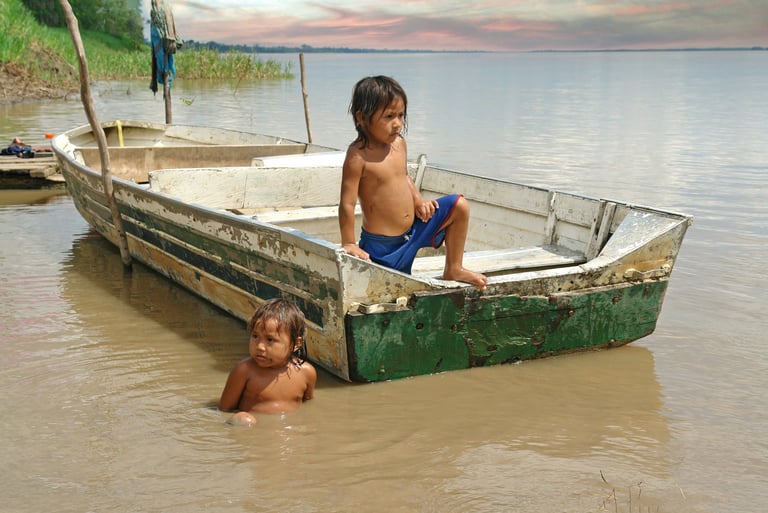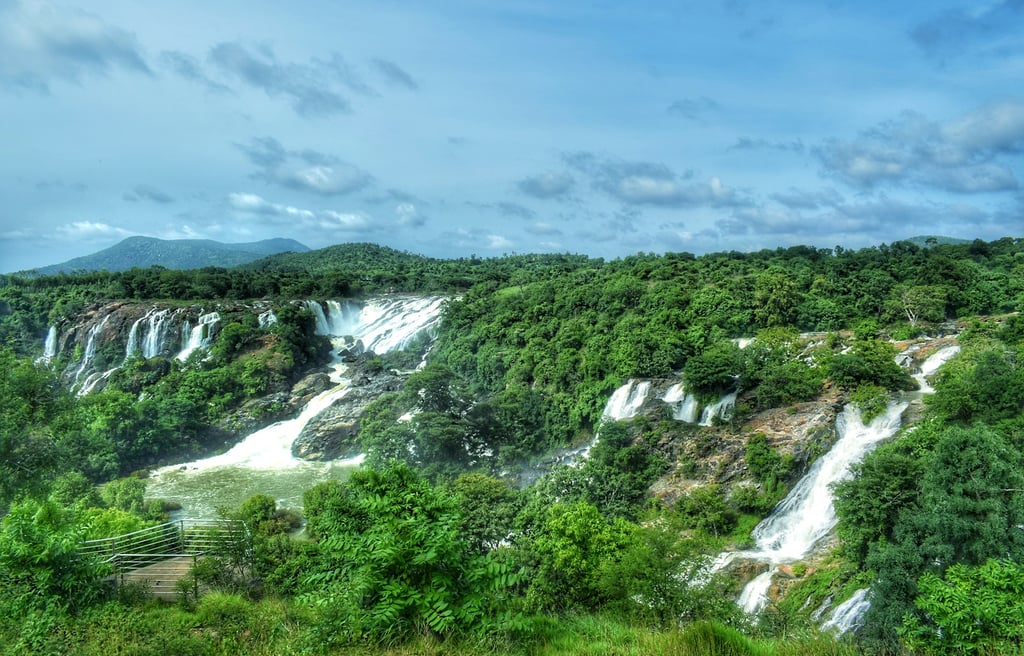Silent Screams: The Yanomami Tribe of Brazil
How illegal mining is devastating the indigenous people of the Amazon
4/27/20245 دقيقة قراءة


A voice in the forest
Societal leaders appear to have learned nothing from the previous century. Wars continue, global wealth disparity increases unchecked and many already underrepresented communities around the world find their pleas for help falling on deaf ears.
The Yanomami tribe is an indigenous group that resides in the Amazon rainforest, primarily in the border regions of Brazil and Venezuela. They have a rich cultural heritage and a deep connection to the land they inhabit. However, for many decades, their way of life has been severely impacted by illegal gold mining activities in the region, and no-one seems able, or willing to help.
Illegal gold mining is an ongoing issue in Brazil, particularly in the Yanomami Reserve, where gold was detected in the 1970s. Although the area is officially allocated to the preservation of the local tribes and their cultures, little has been done to protect the indigenous people or the territory from outside aggression.
The children born near the mines, they are born sick.
Davi Kopenawa,
Yanomami leader
The official position
Jair Bolsonaro, the President of Brazil from 2019-2022 was regarded as a right wing hardliner and a supporter of profits over preservation.
Once referred to by journalist Glenn Greenwald as, "the most misogynistic, hateful elected official in the democratic world", his administration cut funding for organisations formed to combat illegal mining activity. The damage caused to the Amazon rainforest due to his policies has been described by human rights groups, academics and journalists as an "ecocide" and "genocide".
The re-election of Lula da Silva gave little hope for much improvement. In 2010, during his previous incumbency, Lula's government approved the construction of a controversial hydroelectric mega-dam in the heart of the Amazon rain forest which caused the resettlement of 20,000-40,000 indigenous people, with little or no compensation.
International environmental groups have called for political pressure to reduce illegal activities in the Amazon and when Lula resumed office in January 2023, he sent troops to restore law enforcement in the region.
As of October 2023 there were still "reports of violence, threats, torture, intimidation, attempts at criminalisation and other non-lethal violations".
Several hours after talking about moving away from fossil fuels at COP28, his government held an auction in which it offered 603 blocks of rainforest for oil extraction. The territories cover 2% of Brazil, and overlap with many areas supposedly protected and belonging to the indigenous people of the Amazon.
Despite being protected by Brazilian law and having their land demarcated as an indigenous territory, the Yanomami people have been left to fend for themselves.
The Brazilian governments failure to address the issue can be attributed to various factors, including the lure of economic gains from the gold mining industry, local corruption, and the remoteness of the area.
This forest is where we live, we fought to protect our land.
Those in charge say,
"The people of the forest, they don't work, They don't develop anything. They produce nothing for us.."
but we live differently.
Davi Kopenawa, Yanomami leader
Why this is important
While the Yanomami are but one of the many indigenous groups around the world facing injustice, sometimes we have to focus on one alone to highlight the issue as a whole.
Because people have a lifestyle alien to most of us, separate from modern culture with all of its wonders and horrors, does not give us the right to ignore their plight. If the mark of a civilised society is how it looks after those on its fringes, we are failing badly.
On our current trajectory, indigenous communities are facing a global genocide.
If somehow, one day, we ever find an enlightened way to coexist with one another and work towards a better future, we will look back with regret on our complicity in the crime.
Looking at the current state of the world, that's a big "IF".
"A civilisation is measured by how it treats its weakest members”
Mahatma Gandhi


“Only when the last tree has died and the last river been poisoned and the last fish been caught will we realise we cannot eat money.”
Cree Proverb




Brazil’s Socio-environmental Institute (ISA) estimate that 20 thousand miners currently operate in the area although officials contest this number, saying it is merely several thousand.
The lesser penalties in comparison with drug trafficking have propelled a shift towards the trade, attracting many criminal elements used to violence and brutality. Usually, the activities take place in remote regions with limited law enforcement, and since the direct victims are financially impoverished indigenous peoples, little or no official action takes place.
Typically the "Garimpeiros" set up their operations near rivers, where deposits of ore can be located and the miners can use the waterways to access the remote areas.
Sections of the forest are quickly cleared, and the miners then begin the process of digging out the ore, washing it on site through chemical processes, extracting the gold and then abandoning the site after several weeks or months. More valuable equipment is taken away but some is left as is, or thrown into the bush to rust. Any police presence in the area causes the miners to disappear back to the city only to return and restart their operations. Each time they leave, the local environment is left devastated.
The deforestation associated with gold mining destroys the natural habitat of the tribespeople and disrupts the delicate balance of the rainforest ecosystem. The loss of biodiversity and the destruction of their traditional lands have a profound impact on the tribe's ability to sustain themselves through hunting, fishing, and gathering.
The use of mercury in the gold extraction process leads to the contamination of rivers and water sources, which are vital for the survival of local tribes. The mercury pollution not only affects the aquatic life but also poses a serious health risk to the Yanomami people who rely on these water sources for drinking, cooking, and bathing. The exposure to mercury-contaminated water and fish has caused a surge in health issues, including a rise in cases of mercury poisoning, which causes severe neurological disorders and developmental problems, especially among children.
As well as the environmental impacts, miner-tribal violence has been an continual aspect of the problem, with tribespeople shot by miners and villages burned. Retaliatory strikes against miner encampments results in further loss of life and little police intervention. Activists and journalists entering the areas regularly become targets of threats and assassination from mining gangs.


